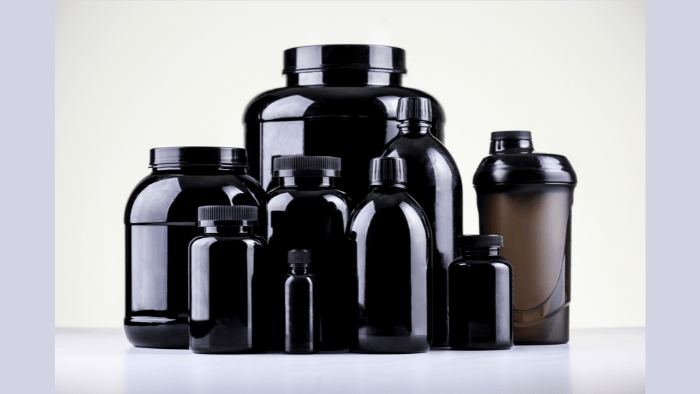by Aimee Wojtowecz

Is Creatine Effective, What are the Benefits, and Who Should Take It?
As a nutrition coach I get asked about supplements all the time. What can help with performance, recovery etc… Creatine is one of the most popular and widely used supplements among athletes and fitness enthusiasts as well as the most researched athletic supplement. But what exactly is creatine, and what are its benefits? And more importantly, is it effective, and who should take it? Let’s explore the answers to these questions and more.
What is Creatine?
Creatine is a naturally occurring compound that is found in small amounts in foods such as meat and fish. It is also produced by the body in the liver, kidneys, and pancreas. Creatine plays a key role in energy metabolism by providing the muscles with the energy they need to contract and perform work.
When you engage in high-intensity exercise, your muscles use ATP (adenosine triphosphate) as their primary energy source. However, the body only has a limited supply of ATP, and once this supply is depleted, fatigue sets in, and performance declines. This is where creatine comes in.
Supplementing with creatine can increase the amount of creatine stored in your muscles, which in turn can increase the availability of ATP. This means that your muscles can contract more forcefully and for longer periods, allowing you to perform better during high-intensity exercise.
Benefits of Creatine
So, what are the benefits of taking creatine? Here are some of the key ones:
- Increased muscle mass: Studies have shown that creatine supplementation can increase muscle mass, particularly when combined with resistance training.
- Increased strength: Creatine has been shown to increase strength, power, and performance during high-intensity exercise, such as weightlifting and sprinting.
- Improved endurance: Creatine can help improve endurance by increasing the amount of energy available to the muscles during prolonged exercise.
- Improved cognitive function: Some research suggests that creatine may have cognitive benefits, such as improving memory and attention.
- Reduced muscle damage and soreness: Creatine may help reduce muscle damage and soreness after exercise, potentially speeding up recovery time.
Who Should Take Creatine?
While creatine can be effective for many people, it is not necessarily right for everyone. Here are some factors to consider when deciding whether or not to take creatine:
- Type of exercise: Creatine is most beneficial for people engaging in high-intensity exercise, such as weightlifting, sprinting, and other forms of resistance training.
- Goals: If your goal is to increase muscle mass, strength, or endurance, creatine may be a helpful supplement to consider.
- Health conditions: People with kidney or liver disease should be cautious about taking creatine, as it may exacerbate these conditions. As with any supplement, it’s always best to consult with a healthcare professional before starting to take creatine.
Creatine is a safe and effective supplement for many people, particularly those engaging in high-intensity exercise. Its benefits include increased muscle mass, strength, and endurance, as well as potential cognitive benefits and reduced muscle damage and soreness. If you’re considering taking creatine, be sure to consult with a healthcare professional to ensure that it’s right for you.
